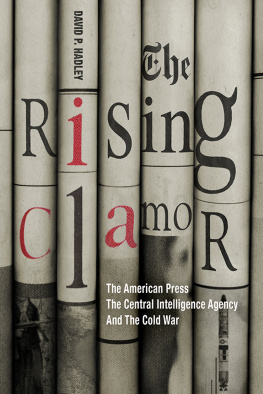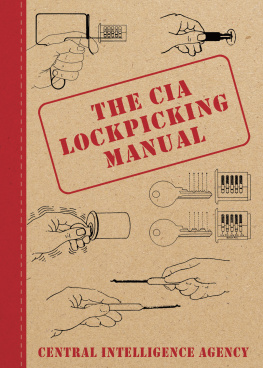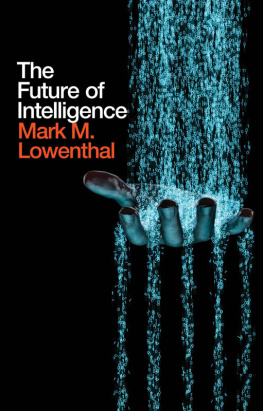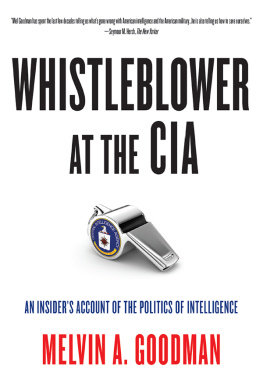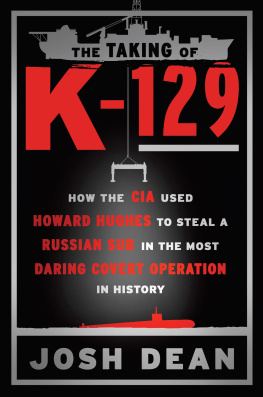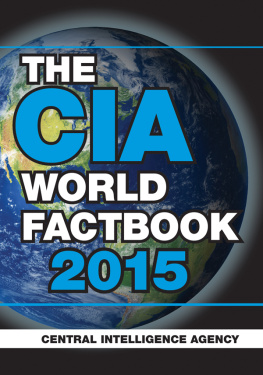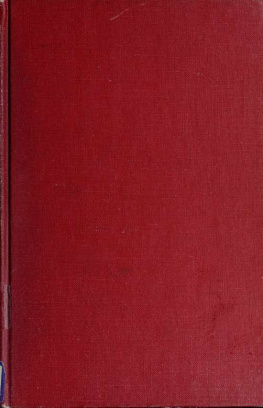David P. Hadley - The Rising Clamor: The American Press, the Central Intelligence Agency, and the Cold War
Here you can read online David P. Hadley - The Rising Clamor: The American Press, the Central Intelligence Agency, and the Cold War full text of the book (entire story) in english for free. Download pdf and epub, get meaning, cover and reviews about this ebook. City: Lexington, year: 2019, publisher: University Press of Kentucky, genre: Art / Science. Description of the work, (preface) as well as reviews are available. Best literature library LitArk.com created for fans of good reading and offers a wide selection of genres:
Romance novel
Science fiction
Adventure
Detective
Science
History
Home and family
Prose
Art
Politics
Computer
Non-fiction
Religion
Business
Children
Humor
Choose a favorite category and find really read worthwhile books. Enjoy immersion in the world of imagination, feel the emotions of the characters or learn something new for yourself, make an fascinating discovery.
- Book:The Rising Clamor: The American Press, the Central Intelligence Agency, and the Cold War
- Author:
- Publisher:University Press of Kentucky
- Genre:
- Year:2019
- City:Lexington
- Rating:4 / 5
- Favourites:Add to favourites
- Your mark:
The Rising Clamor: The American Press, the Central Intelligence Agency, and the Cold War: summary, description and annotation
We offer to read an annotation, description, summary or preface (depends on what the author of the book "The Rising Clamor: The American Press, the Central Intelligence Agency, and the Cold War" wrote himself). If you haven't found the necessary information about the book — write in the comments, we will try to find it.
That relationship began to change by the 1960s when the press began to challenge the CIA and expose many of its questionable activities. Respected publications went from studiously ignoring the CIAs activities to reporting on the Bay of Pigs, CIA pacification programs in Vietnam, the CIAs war in Laos, and its efforts to use US student groups and a variety of other non-government organizations as Cold War tools. This reporting prompted the first major congressional investigation of the CIA in December 1974.
In The Rising Clamor: The American Press, the Central Intelligence Agency, and the Cold War, David P. Hadley explores the relationships that developed between the CIA and the press, its evolution over time, and its practical impact from the creation of the CIA to the first major congressional investigations of its activities in 197576 by the Church and Pike committees. Drawing on a combination of archival research, declassified documents, and more than 2,000 news articles, Hadley provides a balanced and considered account of the different actors in the press and CIA relationships, how their collaboration helped define public expectations of what role intelligence should play in the US government, and what an intelligence agency should be able to do.
David P. Hadley: author's other books
Who wrote The Rising Clamor: The American Press, the Central Intelligence Agency, and the Cold War? Find out the surname, the name of the author of the book and a list of all author's works by series.

